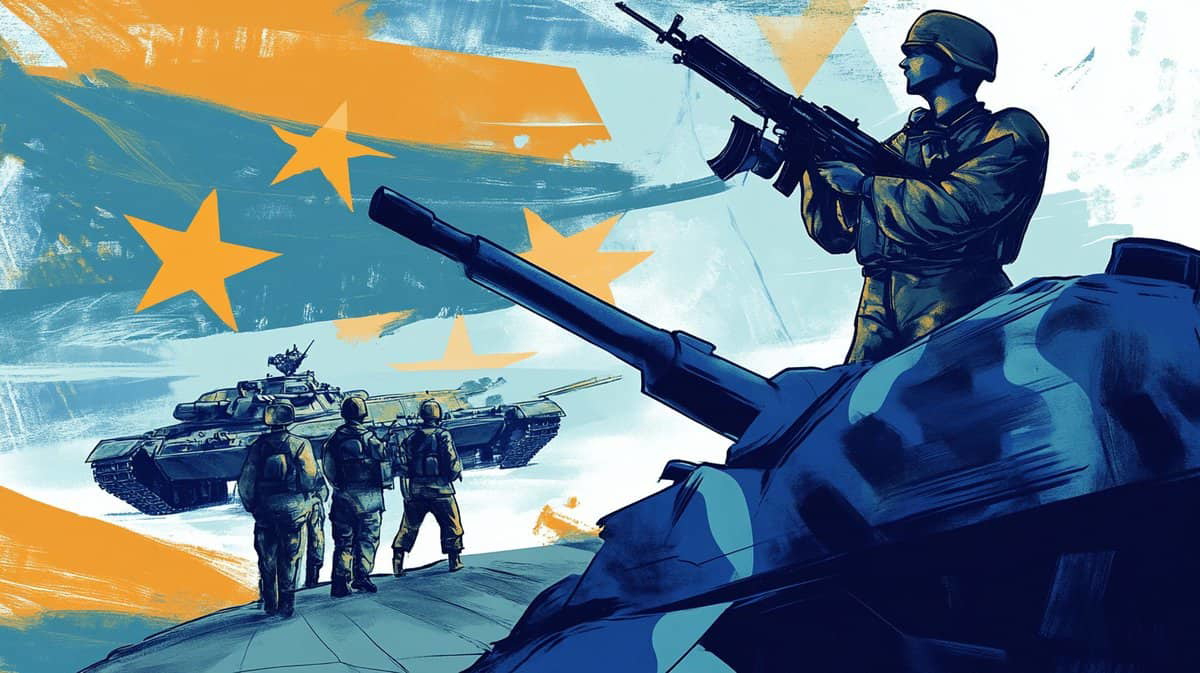
Europe’s Defence Crisis: Why More Spending Alone Will Not Keep the Continent Safe
The EU’s fragmented defence system, inefficiencies, and reliance on the US leave it dangerously unprepared.
Social Europe is an award-winning digital media publisher driven by the core values of freedom, sustainability, and equality. These principles guide our exploration of society’s most pressing challenges. This archive page curates Social Europe articles focused on political issues, offering a rich resource for innovative thinking and informed debate.

The EU’s fragmented defence system, inefficiencies, and reliance on the US leave it dangerously unprepared.
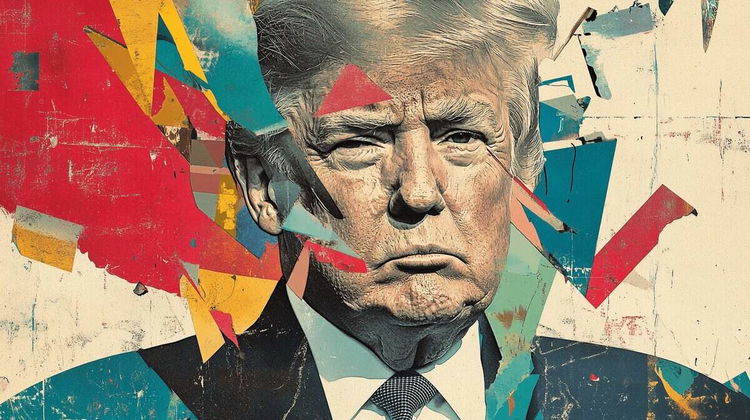
Trump’s elite backers—economic nationalists, Wall Street, and the techno-right—may soon fracture over conflicting agendas.
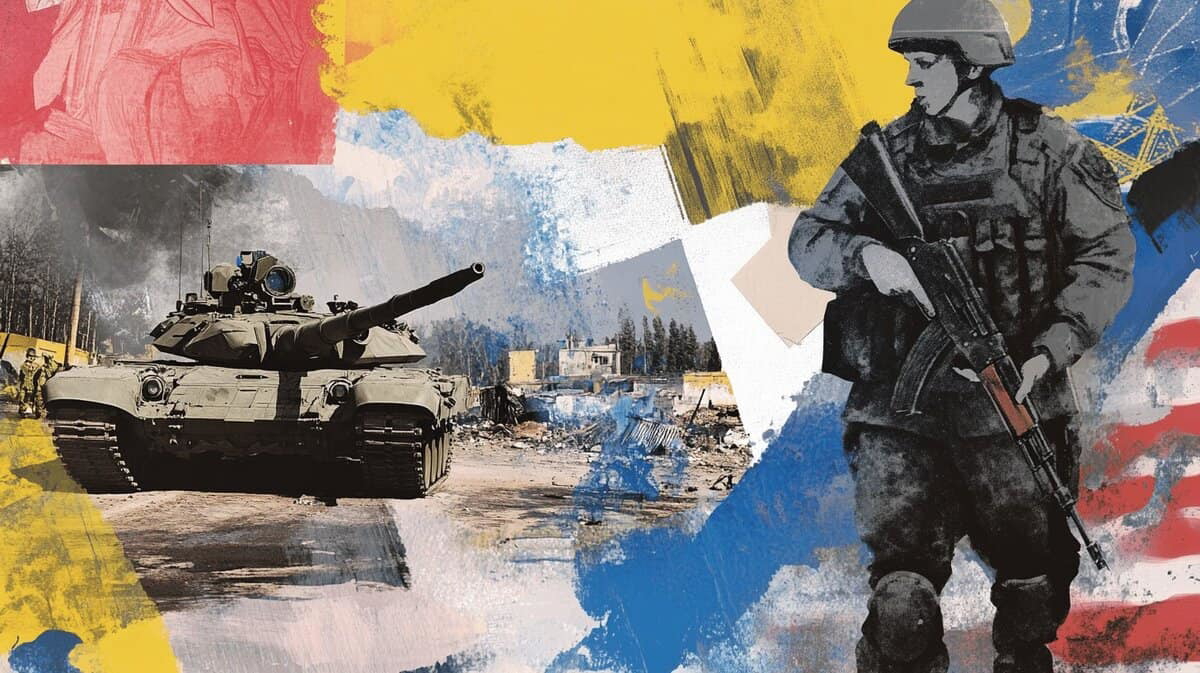
Three years on, the war in Ukraine has reshaped economies, lives, and global politics. Can Europe afford the price?
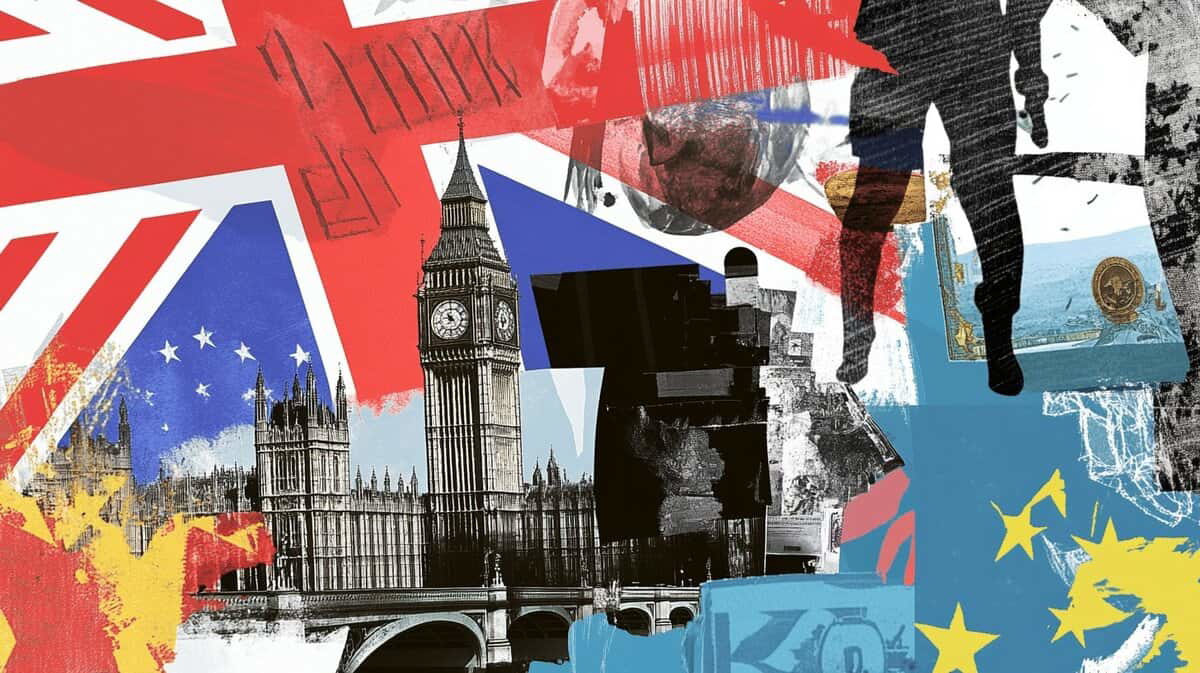
As the USA withdraws from European security, Keir Starmer faces a defining moment: realign with Europe or cling to a fading alliance.
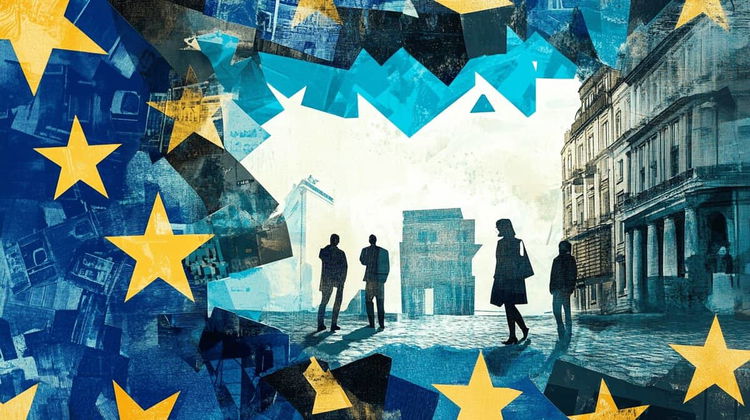
The Draghi report warns of stagnation, but does Europe need more growth—or a new economic vision?
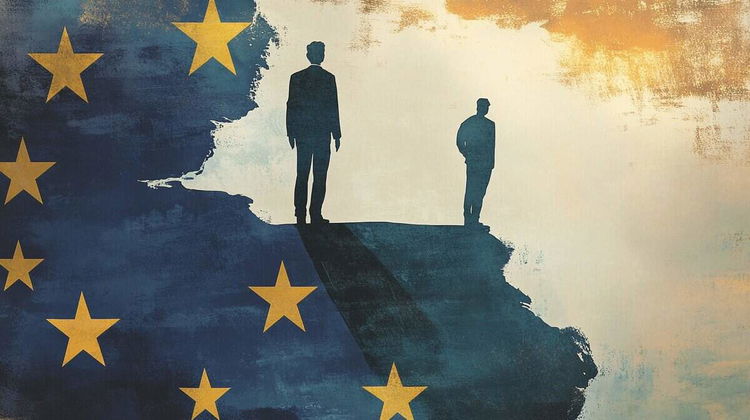
As global tensions rise, Europe faces a stark choice—build a defence force and reshape global finance or risk irrelevance.
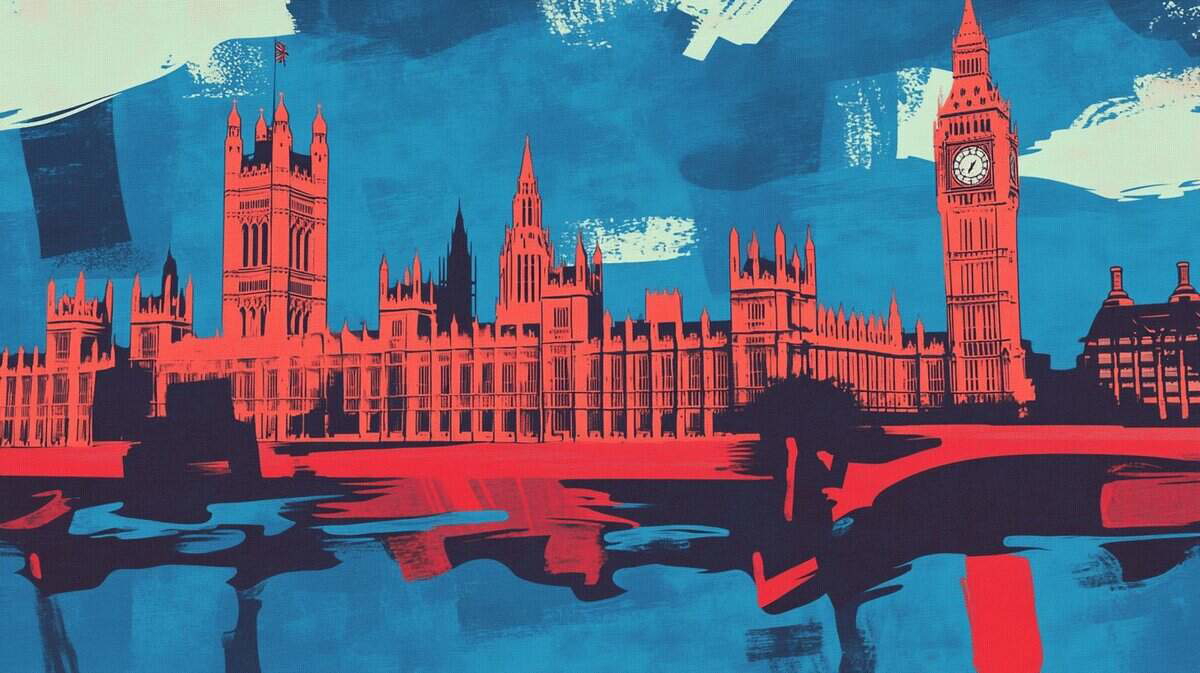
Austerity is back—driven by politics, not economics. From the UK to Argentina and the US, the stakes are high.
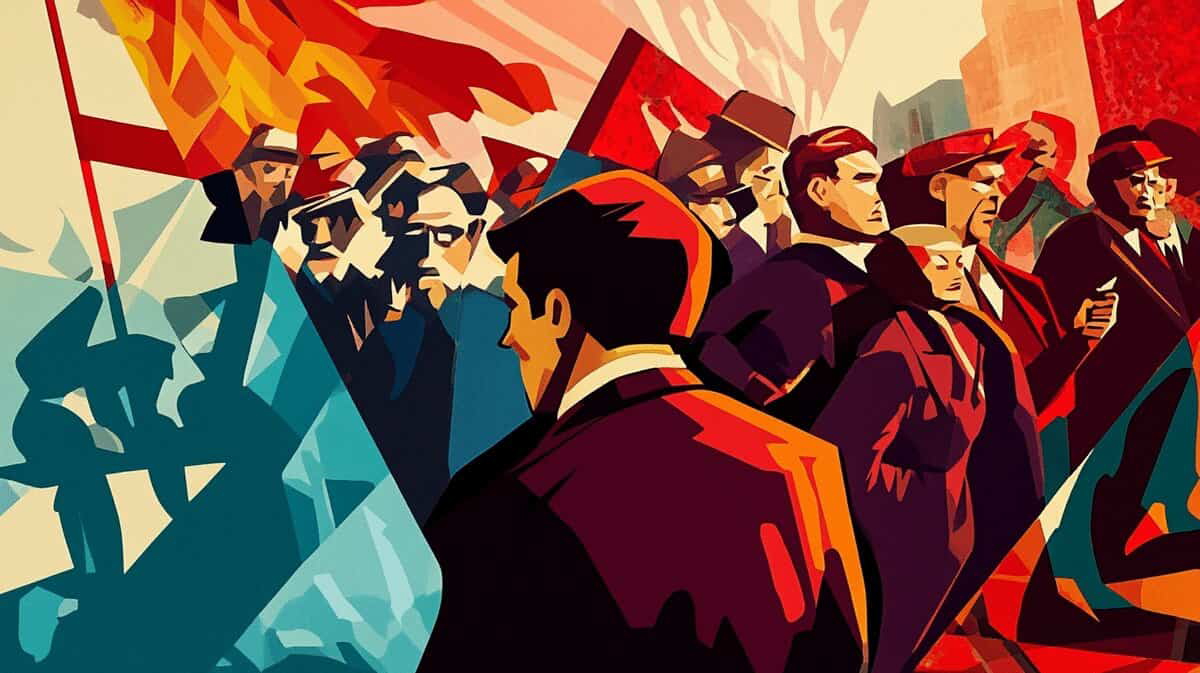
The alliance between reactionary forces and the working class is not built on shared economic interests but on a manufactured sense of cultural identity.
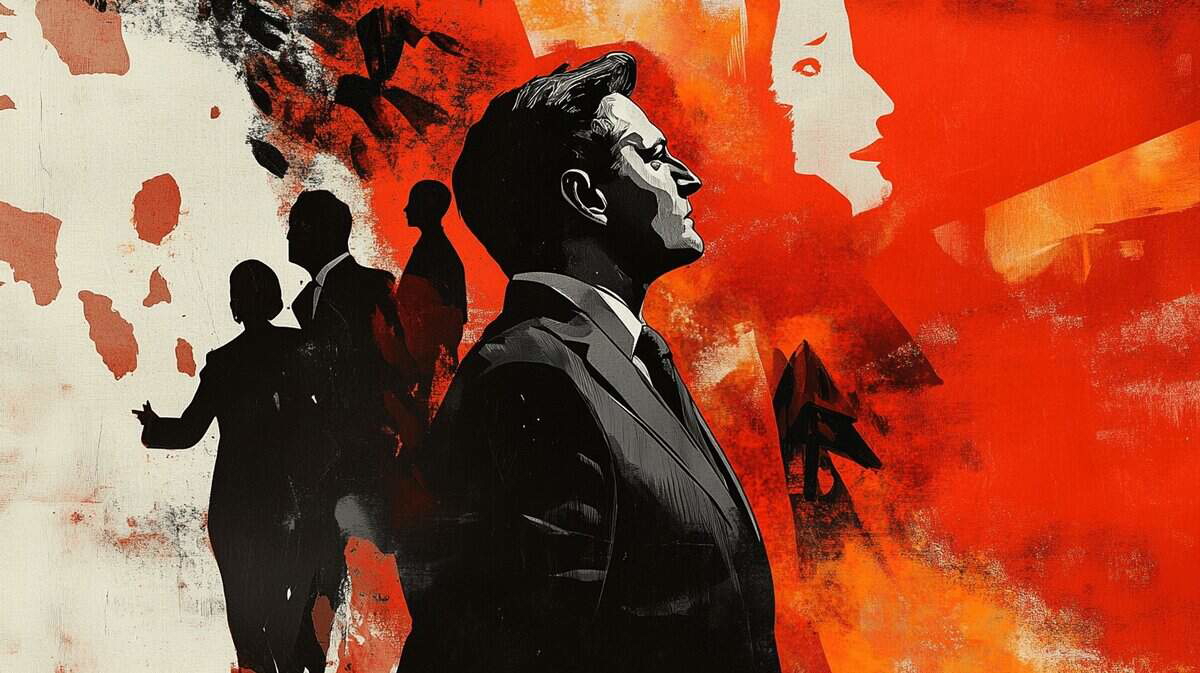
Fear of being left behind economically and socially proved to be potent fuel for the far-right Alternative für Deutschland, which for the first time won more votes than the Social Democrats.
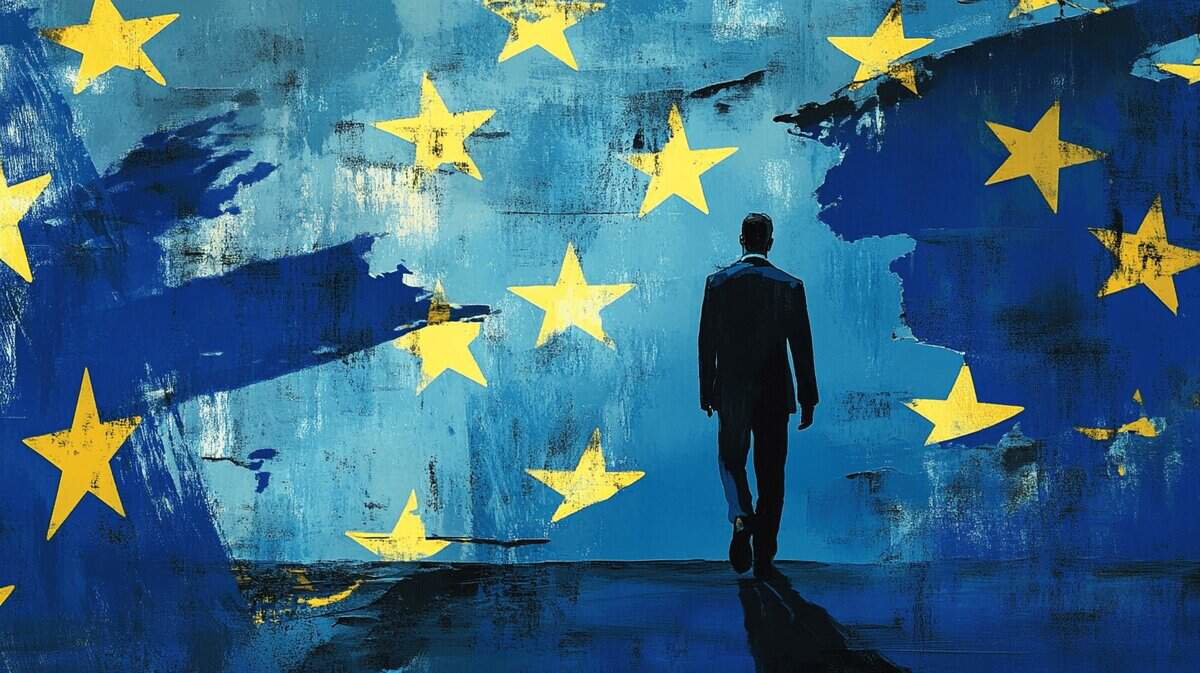
Amid global autocrats and rising inequality, the European Union’s future hinges on structural reforms, ambitious investments and sustainability.
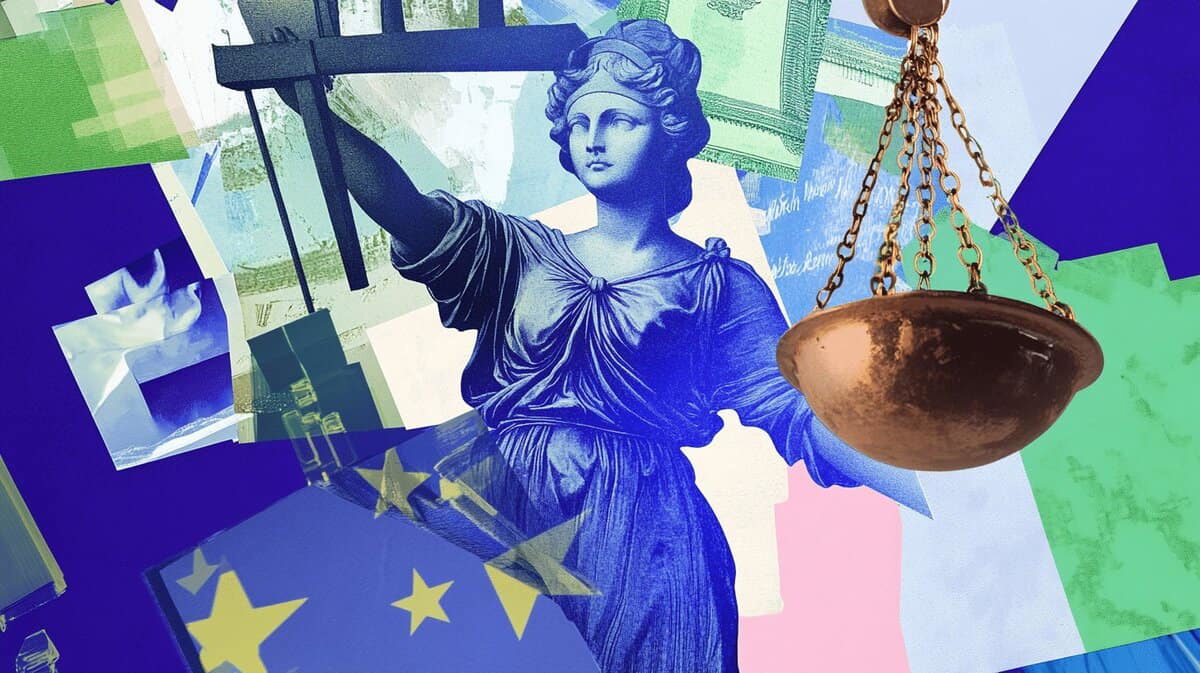
Court challenge to EU minimum wage directive exposes tensions between legal interpretation, political compromise and social policy.
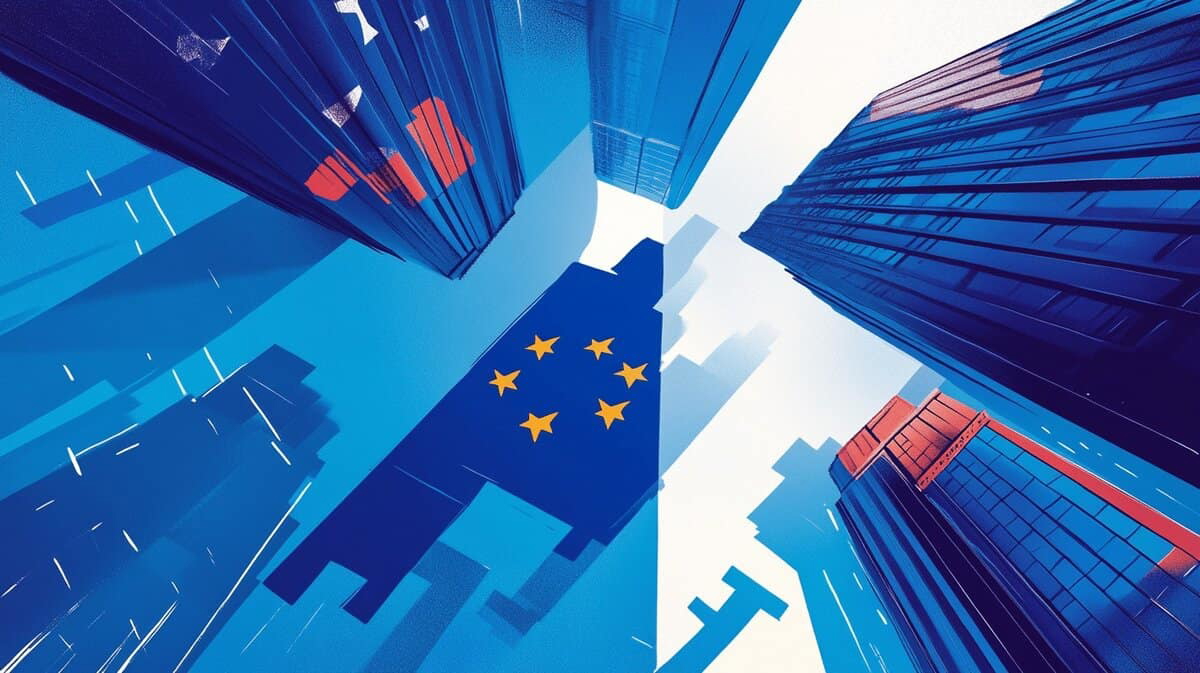
Europe must balance rising defence needs with social spending, or risk political turmoil and far-right gains.
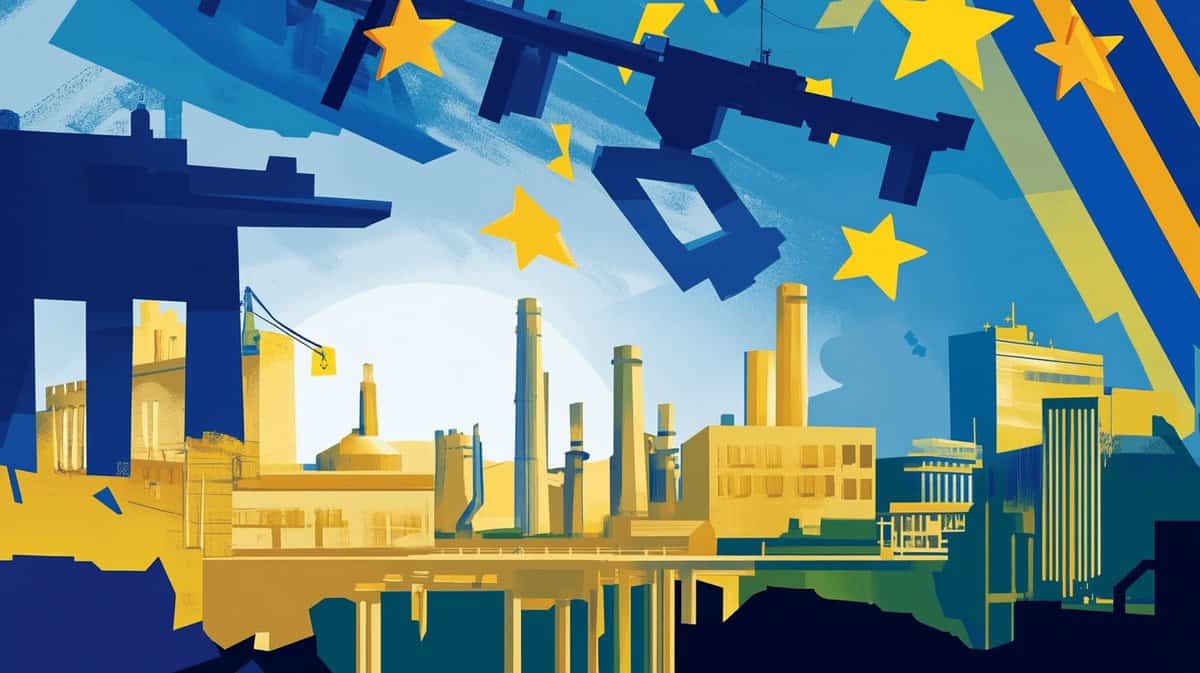
Europe must act now to secure industrial jobs, ensure a Just Transition, and strengthen social conditions.

With US power in retreat, Europe must decide: unite, or face irrelevance in a dangerous world.